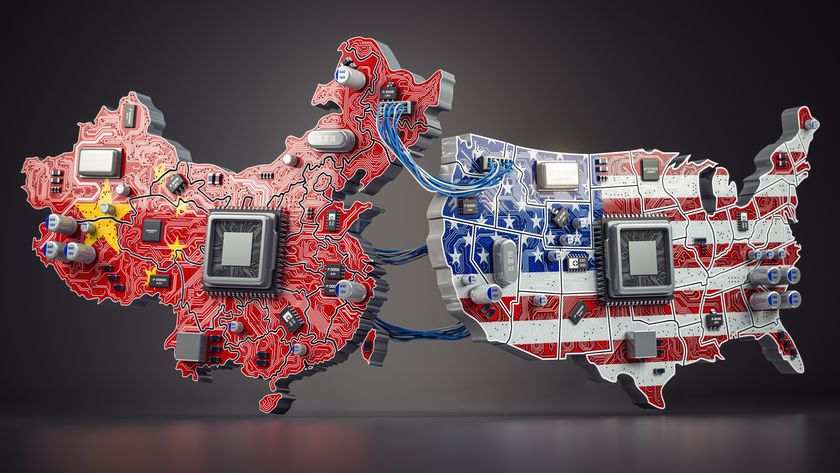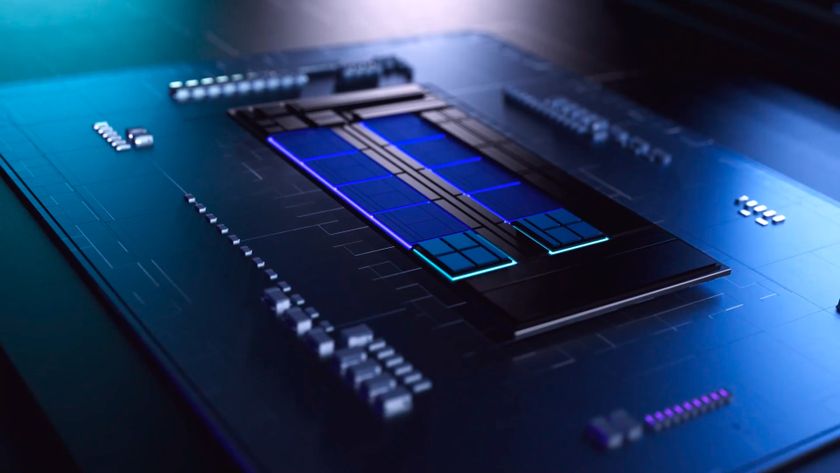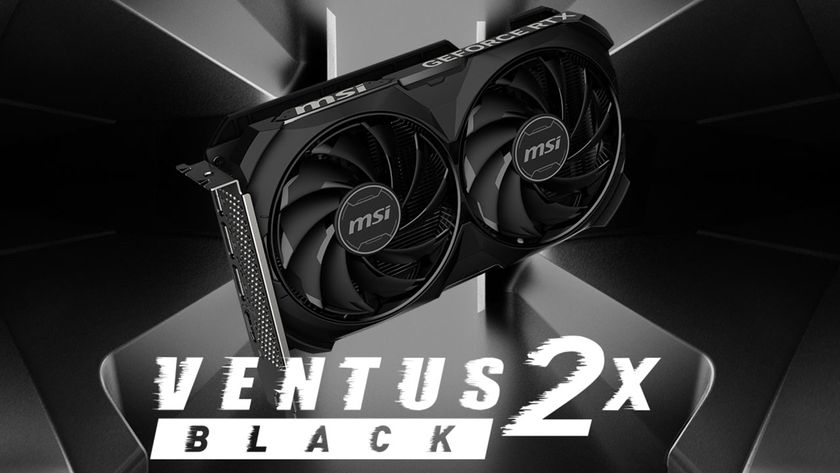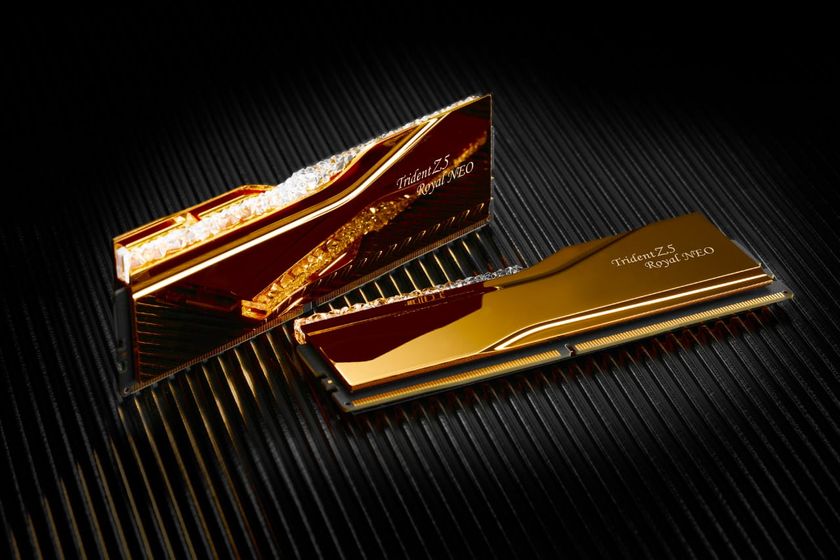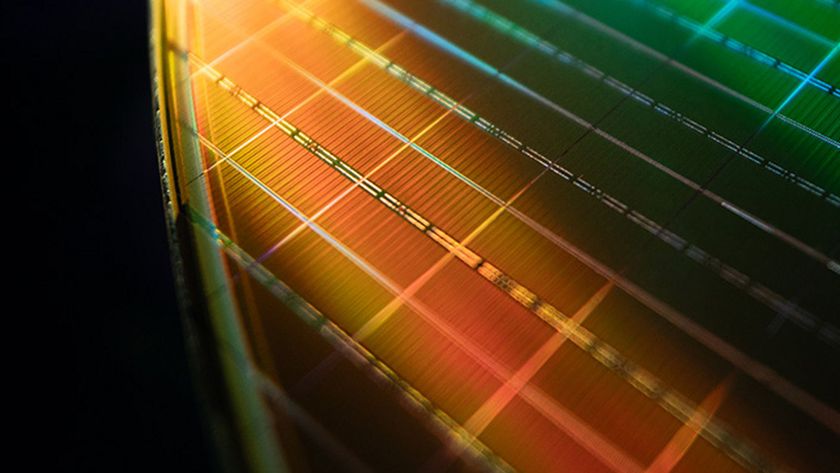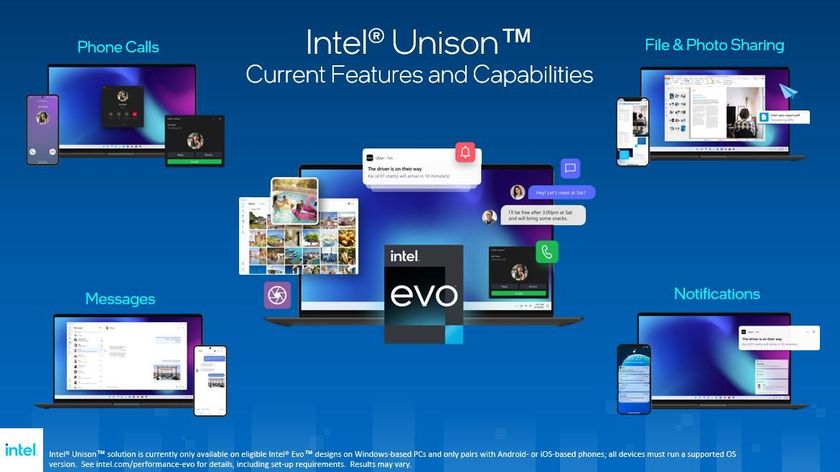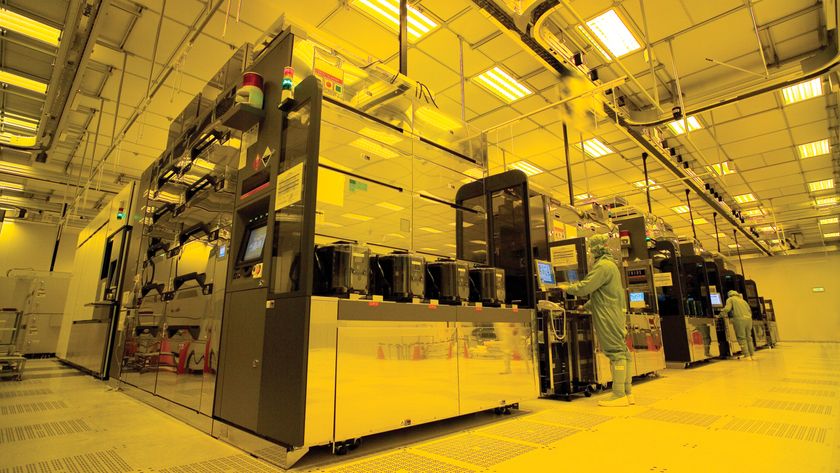China's second-largest foundry hires former Intel executive to lead advanced node development
Intel veteran to focus on advanced logic production
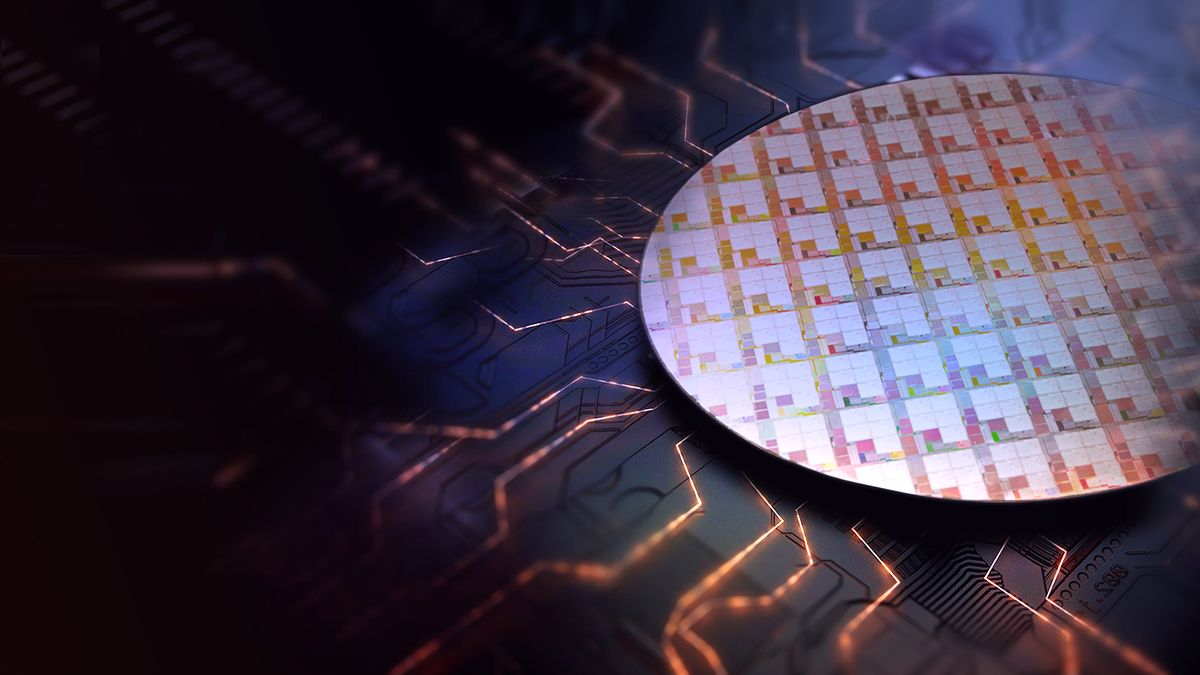
Hua Hong Semiconductor, China's second-largest chip foundry, has made strategic leadership changes to prioritize logic chip production and develop more advanced process technologies. The company hired Bai Peng, a veteran in logic chip technology, and appointed him president on January 1, 2024, reports Nikkei.
Bai Peng, who spent over three decades at Intel and led logic chip development from research to mass production, is expected to steer Hua Hong's shift toward advanced semiconductor production technologies. Hua Hong are one of China's few foundries to offer 40nm fabrication process along with SMIC. While 40nm is a fairly sophisticated technology, it cannot enable modern processors for AI, HPC, and client computing applications. The task for Bai Peng will be to advance Hua Hong's manufacturing processes. The report says that Bai's expertise aligns with the company's focus to develop fabrication nodes essential for AI and other high-end applications.
Hua Hong has historically focused on power semiconductors, analog chips, and embedded memory products, with most of its offerings at 100nm or larger. Hua Hong's financial performance has declined since its 2022 peak due to falling legacy chip prices, which are particularly vulnerable to market fluctuations. As a result, declining prices has pushed the company to diversify into logic chips, a market currently dominated by a few Chinese companies, including SMIC.
To expand its production capabilities, Hua Hong acquired a former GlobalFoundries facility in Chengdu, China, in 2023 and began operations in 2024. Additionally, a new plant in Wuxi is now producing chips of 40nm and above. These expansions aim to position Hua Hong as a key player in both legacy and advanced chip markets.
Hua Hong held approximately 2% of the global foundry market during the third quarter of 2023, according to TrendForce. For now, the share is small, but the company certainly wants to change that. STMicroelectronics, a leading European chipmaker, announced plans to outsource some production to Hua Hong last year, which highlights the increasing recognition of Hua Hong's manufacturing capabilities.
The parent company, Huahong Group, has also undergone leadership changes. Tang Junjun, previously president, was promoted to chairman. Tang brings extensive experience from his tenure at a joint venture between Huahong Group and NEC. Additionally, Qin Jian, who led Shanghai Alliance Investment — a significant Hua Hong shareholder — became the parent group’s chairman in December 2023.
These appointments have fueled speculation about a potential collaboration between Hua Hong and SMIC, China's largest and most advanced foundry. Such a partnership could bolster China's efforts to build a self-reliant semiconductor ecosystem, reducing dependency on foreign supply chains.
Stay On the Cutting Edge: Get the Tom's Hardware Newsletter
Get Tom's Hardware's best news and in-depth reviews, straight to your inbox.

Anton Shilov is a contributing writer at Tom’s Hardware. Over the past couple of decades, he has covered everything from CPUs and GPUs to supercomputers and from modern process technologies and latest fab tools to high-tech industry trends.
-
hush now Reply
every company steals trade secrets, especially tech companies in the US. this isn't new.8086 said:There goes out the window, any Intel trade secrets he may hold in his brain. -
rluker5 If Hua Hong Semiconductor is looking to make the best DUV nodes in the world, Intel is a good company to poach from. My 13900kf is still DUV.Reply
Edit: I'm not passing judgement on whether this hiring is right or wrong, I'm just making the point that it is pragmatic. China is being restricted from EUV lithography equipment right now and are stuck on the old DUV stuff. If Intel were to put a cache under their most recent DUV CPUs, there plausibly wouldn't be faster EUV consumer CPUs. Intel has really made the most out of DUV and hiring that guy looks like that Chinese company trying to make the best out of the situation they are in if he can help them do some of what Intel has done.
Don't get me wrong, High NA EUV > old EUV > DUV. I'm not arguing that either. -
wwenze1 Did they get the one that made Intel foundry the best (i.e. over 10 years ago) or the one that thrashed it (i.e. between now to 10 years agoReply -
King_V How is this possible? In the US, non-compete agreements are sometimes so egregious, without even necessarily touching on trade secrets, that it might be hard to get another job in your field.Reply
With trade secrets, and for a company in a country that the US has sanctions against? How did that even work? -
BFG-9000 I suppose this makes sense, if they want to make 14nm++++++.Reply
This guy was in charge of Intel's Logic Technology Development through the whole time they were stuck on 14nm from 2015 to 2021, then got demoted for 10nm being so late, and quit a year later. He's already been the CEO of a Chinese wafer company for a year (Rong Semiconductor Ningbo Co., Ltd.), and this larger company poached him from them to be their President. -
NinoPino Reply
Interesting question.King_V said:How is this possible? In the US, non-compete agreements are sometimes so egregious, without even necessarily touching on trade secrets, that it might be hard to get another job in your field.
With trade secrets, and for a company in a country that the US has sanctions against? How did that even work?
Maybe the non-competitive was simply ignored, because it transferred in China ?
Or because he will gain a huge salary ?
Or because he is hired in a different role ?
I'm also curious ? -
dalek1234 Reply
Best comment this month.spongiemaster said:Based on how Intel foundries have performed over the last decade, this could be planned sabotage attempt by the US gov't.
If somebody told me 5 years ago that we will be getting plenty of entertainment making fun of Intel, I'd call that person insane. And here we are now, running out of popcorn. -
OldAnalogWorld Reply
You might think that corruption and theft are not typical for economic entities in the US or Europe? And you might think that there are no problems in the economies of "developed" countries?truerock said:And yes - the Chinese economy is built on deceit and thievery. It will implode on its corruption.
All these expats most often have a weak spot. They want to earn money there (regardless of moral or other limiting aspects), but want to keep their family in the US/Europe, preferring the life of their children in freer countries. If there are any NDAs or access to government secrets (and Intel is closely connected with the US military and the government), he would have long been put on the wanted list either by court or by government request. Since there is no such request - in reality Intel or the US government is considered a low-value employee by them, because they ignored his move to China.NinoPino said:Interesting question.
Maybe the non-competitive was simply ignored, because it transferred in China ?
Or because he will gain a huge salary ?
Or because he is hired in a different role ?
I'm also curious ? -
BFG-9000 Perhaps some of you may not have noticed that non-competes are now illegal. Not that it would've applied in this case because he quit years ago, but this should be telling about the mood of the courts on such cases.Reply
American corruption is more transparent, and you can argue it is even kind of meritocratic. After all anyone can become a billionaire and buy access to their own politicians either through direct donation or if that's insufficient, Super PACs--all you need is to be successful first, and then you can get legislation advantageous to you to keep you rich.
I maintain there is nobody more able to squeeze blood out of 14nm rocks than this guy. He can get you 1-2% improvement every year on the same process indefinitely, with good yields.
